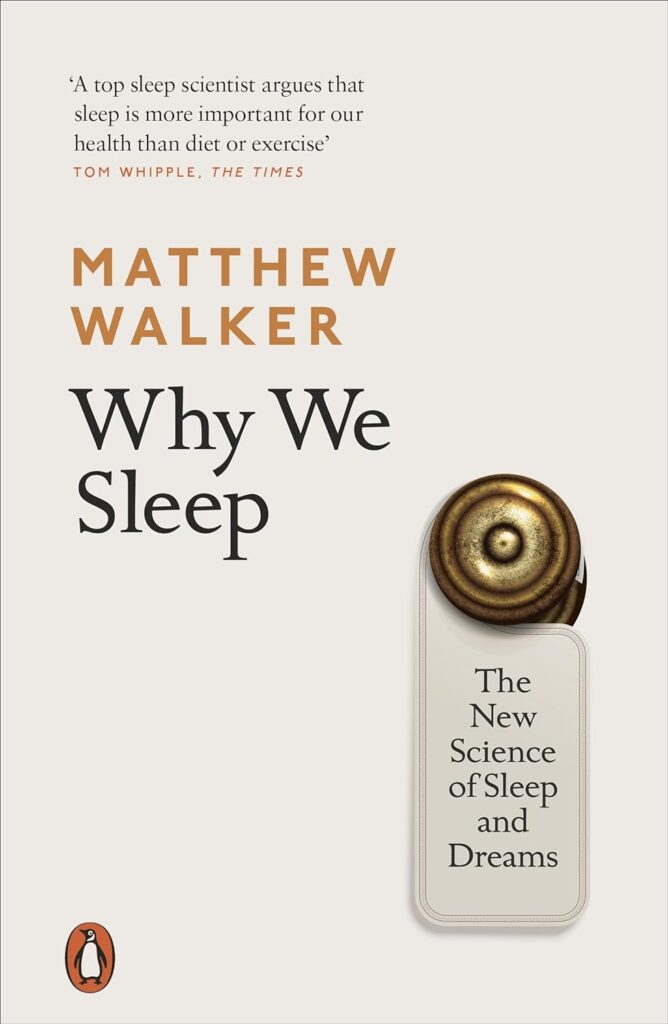
How You Can Get Better Sleep –
Today, I will share some ideas on sleep and its importance.
The Importance of Sleep for Mental and Emotional Well-Being
We all know that sleep plays a vital role in our overall health. Sleep plays a key role in how we think, feel, and manage our health daily.
When we have sufficient sleep, our brains process information more efficiently, helping us retain memories, solve problems, and stay focused. At the same time, lack of sleep can cause mood swings, irritability, and emotional instability.
How Circadian Rhythm and Adenosine Influence Sleep
Our sleep is managed by two mechanisms: the circadian rhythm and adenosine. The circadian rhythm is our body’s internal clock, regulated by the hormone melatonin. here’s a summary of what it does … as the day passes by and natural light becomes less and less present, melatonin production increases, and this signals to our body that it’s time to rest. However, exposure to light, especially blue light from screens, deregulate this process, thus making falling asleep more difficult.
Adenosine, on the other hand, builds up throughout the day, creating “sleep pressure,” which compels us to sleep. By nighttime, adenosine peaks, and as melatonin levels rise, sleep naturally occurs. By morning, adenosine levels have been depleted, allowing us to wake up feeling refreshed.
When this rhythm is disrupted—through irregular sleep schedules or prolonged exposure to artificial light—a sleep deficit forms. This deficit, the gap between the sleep we need and the sleep we get, can cause persistent drowsiness and difficulty concentrating, even after what seems like enough sleep.
Practical Strategies to Improve Sleep Quality
By now, it’s clear that sleep is not just a passive state—it’s a critical process that influences our mental and emotional well-being. The good news is that there are practical strategies we can adopt to improve our sleep, grounded in what we’ve discussed. By paying attention to how light, melatonin, and our sleep habits interact, we can create a routine that supports better rest.
Below are simple strategies you can implement, along with product recommendations to support each step.
- Set a “sleep alarm”: Establish a consistent bedtime by setting an alarm that reminds you to start winding down at night. This helps train your body to follow a regular sleep schedule, which is crucial for maintaining a healthy circadian rhythm.
- Wear blue light-blocking glasses: Since blue light from screens can interfere with melatonin production, wearing blue light-blocking glasses in the evening helps protect your natural sleep cycle, allowing melatonin to rise and promote better sleep.
Recommended product:

- Use red-colored lamps: Red lights have less of an impact on your melatonin levels than regular white or blue lights, making them ideal for night use. Installing these lamps in your bedroom creates a sleep-friendly environment.
Switch your phone to dark mode: Dark mode reduces the amount of blue light emitted from your phone, minimizing its impact on your sleep rhythm when using devices at night.
- Limit caffeine intake: Reducing caffeine consumption, particularly after mid-afternoon, allows adenosine to accumulate properly, which is crucial for sleep pressure to build up by nightfall.
- Take magnesium supplements: Magnesium is known to promote muscle relaxation and calm the nervous system, making it a natural aid for improving sleep quality without relying on pharmaceuticals.
Recommended product:

- Use a sleep tracker: A sleep tracker can help you monitor your sleep patterns, providing insights into your deep sleep, REM sleep, and more. Some trackers even offer sleep scores, making it fun to track your progress over time.
The recommendations I’ve shared here are based on my own experiences and research in my ongoing search for better sleep. As someone who is a light sleeper, I’m constantly exploring ways to improve my rest and overall recovery. If any of my suggestions resonate with you, feel free to try them out and see how they work for you. However, please keep in mind that I’m not an authority on sleep science, and these should not be considered medical prescriptions. Always consult a healthcare professional if you have serious sleep concerns.
Also, You’re not limited to the products I’ve recommended. There are many other great options out there that might suit your needs better. The ones I’ve mentioned are simply suggestions based on what has worked for me, and they serve as an easy way to get started. Feel free to explore and find what works best for you!
Thank you for taking the time to read this blog post! I truly hope you found the content helpful and that it offered valuable insights into improving your sleep. Your attention means a lot, and I’m grateful for your interest. Stay tuned for more tips, guides, and content like this—and much more. Here’s to better sleep and well-being. Do you have your own sleep tips or product recommendations? Share them in the comments below!

This article was inspired by Why We Sleep by Matthew Walker. If you’re looking to dive deeper into the science behind sleep and truly understand why it’s so essential for our health, this book is an incredible read. Walker breaks down the complex mechanisms of sleep in a way that’s both fascinating and easy to understand. If you want more insights and details beyond these tips, I highly recommend checking it out.


